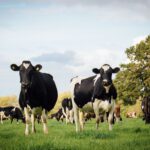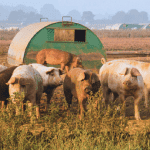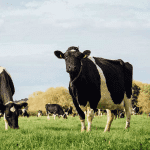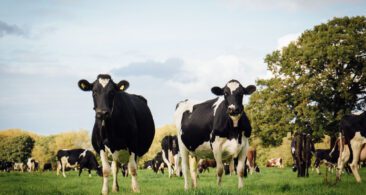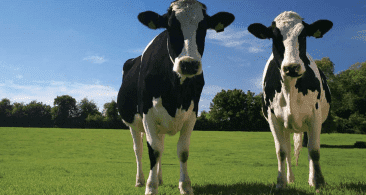A number of studies and reports such as EAT-Lancet have strongly suggested global red meat consumption should be reduced. While there is support from the scientific community for this recommendation, there is also a great deal of criticism.
Questions have been raised over the environmental sustainability of a largely plant-based farming system, public acceptance and longevity of a largely plant based diet, economic consequences (particularly those in rural or poorer communities), cultural heritage and, most importantly, dietary adequacy. Some nutritionists have raised concerns about the nutritional deficiencies of largely plant-based diets, particularly for young people, women and the elderly.

Scientists also highlight the fact that, in comparison to fossil fuel industries, livestock production has a significantly smaller impact on global warming, and delivers a life necessity, food. One of the main points made by the EAT-Lancet report was the goal of ‘reducing food loss and waste by 50% to reduce pressure on food demand’.
However, according to the FAO, food waste from meat and dairy is one of the lowest at 20% , with up to 45% of fruit and vegetables wasted, 30% of cereals and 30% of fish. Removing livestock would likely increase the waste of valuable co-products that are currently used as supplementary animal feed. By taking a more holistic approach to measuring the carbon footprint of livestock farming, the emissions from cattle and sheep are likely to be largely offset through carbon sequestration, or carbon absorption.
This was recently presented in a study in New Zealand, showing how sustainable red meat production can be in temperature climates such as the UK. AHDB is an evidence-based organisation and committed to only reporting factual information. Many of the sources promoting a reduction in meat consumption are not restricted by such guidelines, so have the freedom to make exaggerated claims that appear more extreme than the facts.
